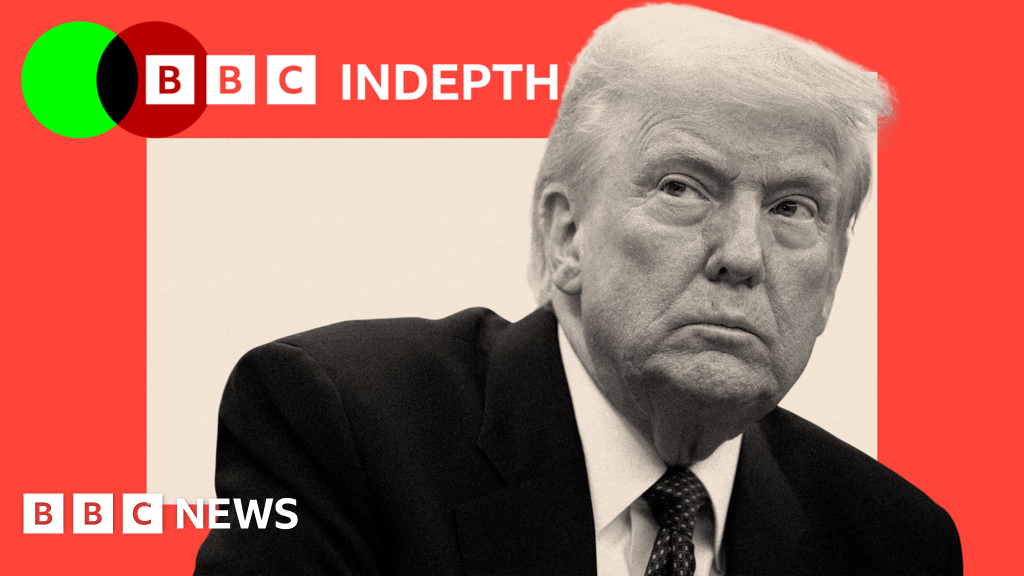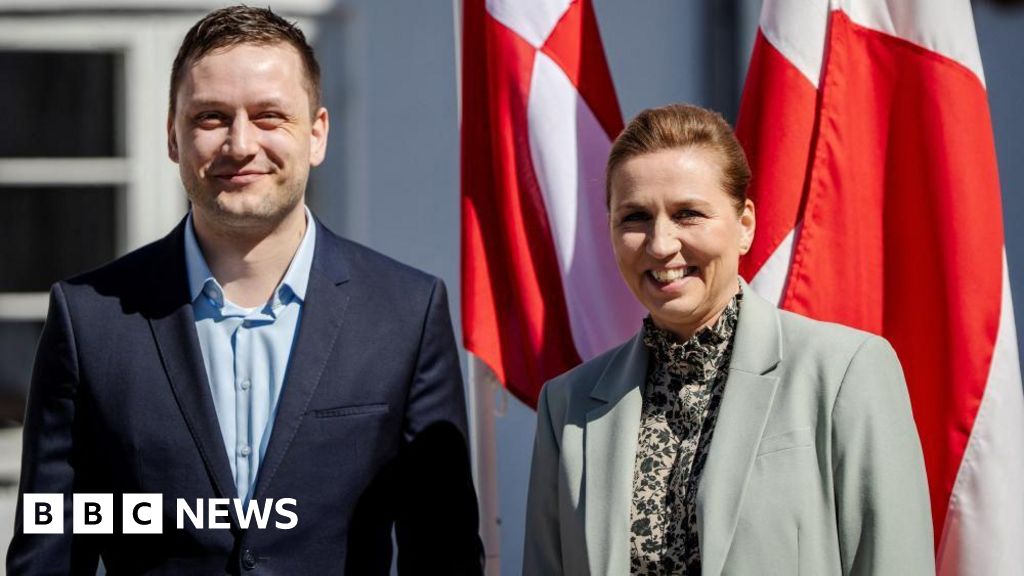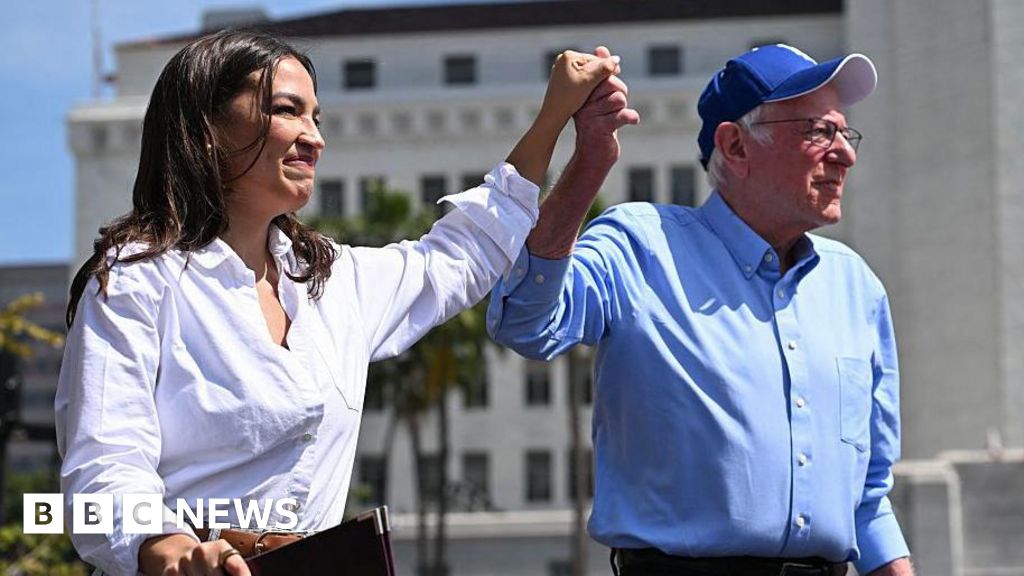Trump Advocates for Swift Resolution to Russia-Ukraine Conflict

Former President Donald Trump has expressed his desire to see a resolution to the ongoing conflict between Russia and Ukraine in what he describes as a timeframe of "two weeks or less." However, during follow-up comments, he indicated a willingness to accept a slightly extended period if necessary. This ambitious timeline was articulated following a significant meeting with Ukrainian President Volodymyr Zelenskyy in Vatican City, where both leaders were attending the funeral of Pope Francis.
Upon his arrival at Morristown Municipal Airport in New Jersey on April 26, 2025, Trump addressed reporters, expressing optimism over the discussions held with Zelenskyy. "I think the meeting went well; well see what happens over the next few days. Well probably learn a lot," he stated, hinting at potential developments in the negotiations.
Despite his optimism, Trump expressed frustration over Russia's continued military actions against Ukraine, including missile and drone strikes, which persisted even after he had urged Russian President Vladimir Putin to cease hostilities while negotiations were ongoing. "I was very disappointed that Russia continues to conduct bombings and attacks, especially after those discussions," Trump remarked during his statements.
When questioned about the content of his conversations with Zelenskyy, Trump revealed that the Ukrainian president underscored the urgent need for additional military supplies. "He told me that he needs more weapons, and were going to see what happens I want to see what, with respect to Russia. Ive been surprised and disappointed when they did the bombing," Trump elaborated, indicating a clear alignment with Ukraines military needs.
Trump reiterated his call for Putin to halt the aggressive actions and expressed a desire for a concrete agreement to end the conflict, remarking, "I want him to stop shooting, sit down and sign a deal. We have the confines of a deal I believe, and I want him to sign it and be done with it, just go back to life." He acknowledged the complexity of the situation, particularly regarding Ukraines reclamation of Crimea, which has been under Russian control since 2014. In a somewhat controversial statement, he suggested that giving up Crimea might be a possibility for Ukraine, saying, "I think so."
On the same day, Secretary of State Marco Rubio indicated that while progress towards a deal might be occurring, a formal agreement was still not in place. Speaking on NBC's "Meet the Press," Rubio noted, "Well, I think they're closer in general than they've been at any time in the last three years, but it's still not there." He emphasized the need for the U.S. to evaluate its role as a mediator in the discussions, stating, "We cannot continue to dedicate time and resources to this effort if its not going to come to fruition."
Rubios remarks highlight the precarious position the U.S. finds itself in as it weighs the effectiveness of its involvement in the conflict. Meanwhile, Trump and Zelenskyys meeting has been described as "very productive" by White House Communications Director Steven Cheung. Zelenskyy himself commented positively on their discussions via a social media post, expressing hope for a ceasefire and lasting peace.
As the discussions unfold, the situation remains tense. Russia has intensified its military operations, with drone strikes reported across six Ukrainian regions. In response to this escalation, Rubio addressed concerns about trusting Russia, stating, "I dont think peace deals are built on trust. They must be based on verification and concrete actions."
While Rubio acknowledged that progress has been made, he cautioned that the final steps toward a resolution would be the most challenging. He also emphasized that this upcoming week would be pivotal in determining whether the U.S. would continue its mediating efforts or redirect focus to other pressing global issues.
In response to Trumps negotiation tactics, Senate Minority Leader Chuck Schumer voiced concerns about the potential for Trump to capitulate to Putin, fearing such an outcome could undermine U.S. credibility on the global stage. Schumer highlighted the dire consequences of yielding to Putin, framing it as a moral failing and a signal of weakness that could embolden authoritarian leaders worldwide.
Exuding a cautious optimism, National Security Adviser Mike Waltz hinted at possible new sanctions against Russia, suggesting that the U.S. might leverage economic measures to compel both sides towards a favorable agreement. "Trump talked about potential action on banking, potential action on the oil and gas sector," Waltz noted, indicating a dual approach involving both incentives and penalties to facilitate a resolution.

























